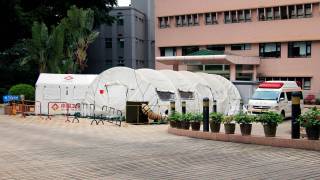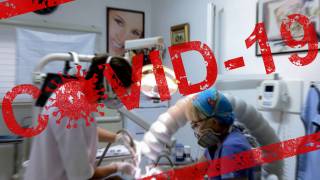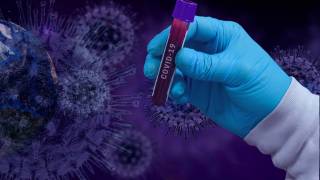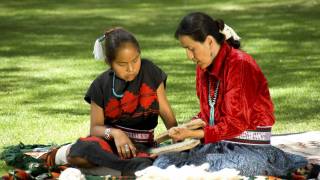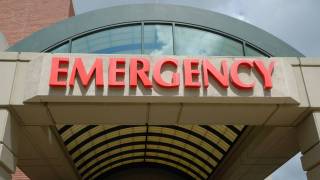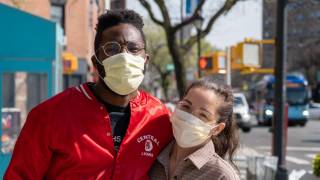BCG Vaccination Associated With Reduced Coronavirus Fatality Rate
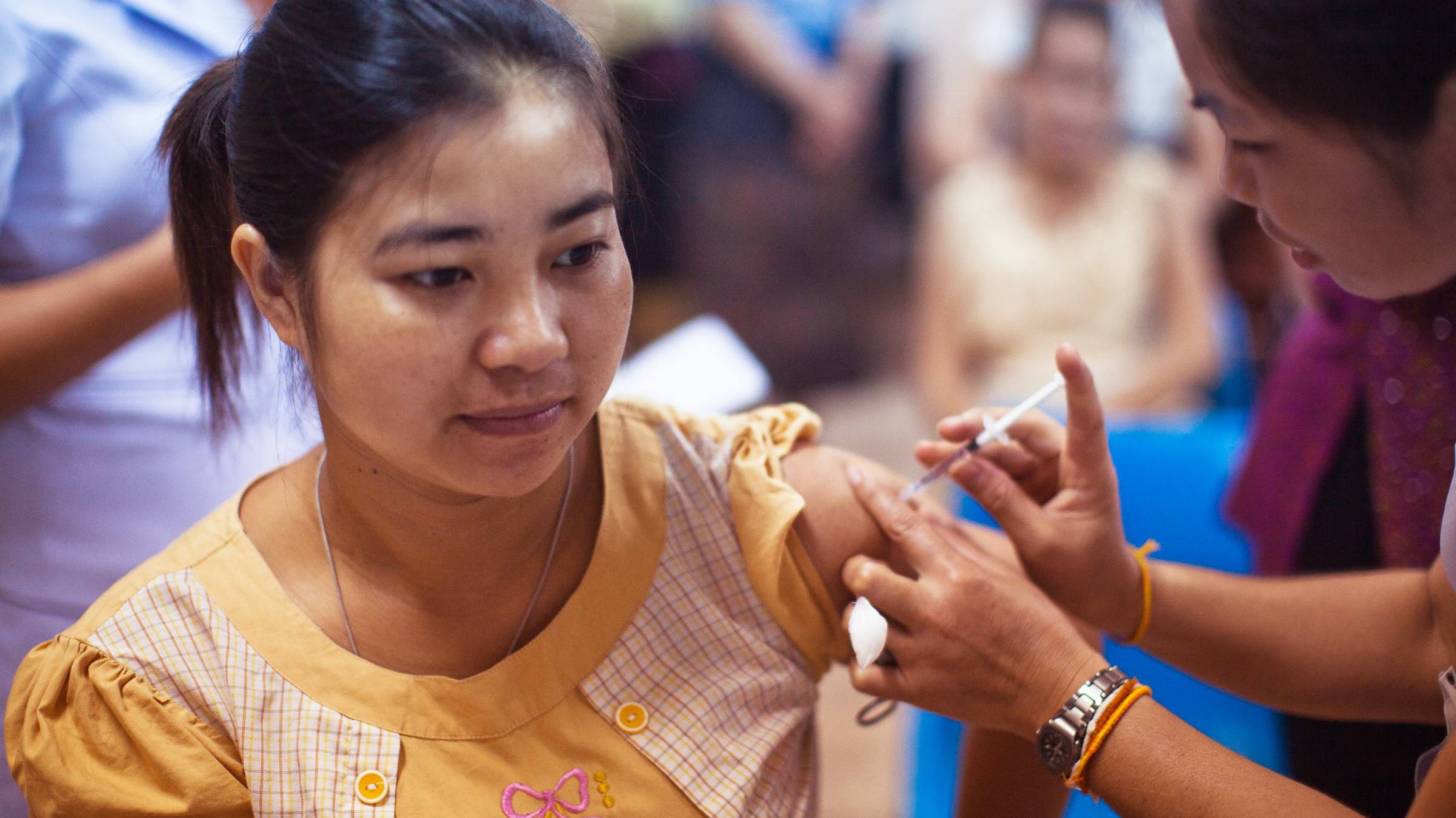
The very old tuberculosis vaccine could be playing a role in reducing the COVID-19 disease mortality rate in countries where it was widely administered, according to a preliminary study.
These US researchers from the National Institute of Allergy and Infectious Diseases of the National Institutes of Health established an ‘association’ between the Bacille Calmette-Guerin (BCG) vaccine and reduced mortality rates in cities such as Rio de Janeiro, and Sao Paulo in Brazil and Mexico City, in Mexico.
A strong correlation between an estimation of the degree of universal BCG vaccination deployment in a country and COVID-19 mortality in different socially similar European countries was observed, indicating that every 10 percent increase in the BCG index was associated with a 10.4 percent reduction in COVID-19 mortality.
‘However, these comparisons are difficult to validate due to broad differences between countries such as socioeconomic status, demographic structure, rural vs. urban settings, time of arrival of the pandemic, number of diagnostic tests and criteria for testing, and national control strategies to limit the spread of COVID-19,’ said these researchers.
Published on July 9, 2020, this new study highlights the need for mechanistic studies behind the effect of BCG vaccination on COVID-19, and for clinical evaluation of the effectiveness of BCG vaccination to protect from severe COVID-19.
Researchers at the Baylor College of Medicine and 4 other institutions around the country are working to find out if the BCG vaccine can work against COVID-19 in the USA.
They are now recruiting people for a phase 4 clinical trial to test the BCG vaccine.
“Epidemiological studies show that if you’re BCG vaccinated, you have a decreased rate of other infections,” said Dr. Andrew DiNardo, assistant professor of medicine – infectious diseases at Baylor, in a press statement.
DiNardo said the BCG vaccine could show a 30 to 50 percent improvement in an immune response against a pathogen, such as the SARS-CoV-2 coronavirus.
In addition to epidemiological evidence of BCG’s impact on immune response, DiNardo said there is molecular evidence that BCG changes the way the body responds to a pathogen.
The BCG vaccine has been shown to rearrange DNA organization so different genes can be expressed.
“Think of DNA like a ball of yarn. Some pieces of the ball of yarn are open and able to be expressed,” DiNardo said.
“Other pieces are wrapped up tight and hidden away, and those genes are repressed. It’s a normal way for cells to turn certain genes on and off.”
“BCG vaccination opens up certain parts of this ball of yarn and allows the immune system to act quicker.”
According to Texas A&M University, healthcare workers may be eligible to participate in this phase 4 study if they are:
- Between the ages of 18 and 75
- Personnel working at a hospital, medical center or clinic, including medical, veterinary, dental and ophthalmology, as well as first responders such as law enforcement, firefighters or paramedics
- Able to use their own device to provide data electronically (i.e. via smartphone or tablet)
- Able to participate for six months
The benefits of participating may include: subjects randomized to the BCG vaccine-arm may experience a lower incidence of SARS-CoV-2 infection and/or lower risk of developing severe illness caused by SARS-CoV-2, stated TAMU on June 17, 2020.
This phase 4 study’s IRB Number 2020-0432F and IRB Approval Date: 06/17/2020.
Precision Vaccinations publishes coronavirus vaccine development news.
Our Trust Standards: Medical Advisory Committee
- Tuberculosis vaccine may play role in reducing Covid-19 death rate, study says
- BCG vaccine protection from severe coronavirus disease 2019 (COVID-19)
- Baylor College of Medicine recruiting for COVID-19 clinical trial testing TB vaccine
- Bacillus Calmette-Guérin (BCG) Study to Help Prevent COVID-19
- Bacille Calmette-Guerin (BCG) Tuberculosis Vaccine






